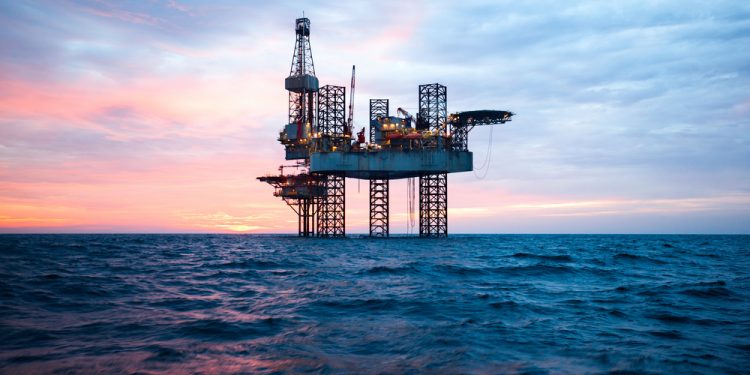The world’s fifth largest pension fund, Dutch-based ABP, increased its fossil fuel investments last year, according to research from environmental activists.
Analysis by four NGOs — including Greenpeace Netherlands and German NGO Urgewald —found that ABP’s fossil fuels investments went up from €14bn in 2015 to €16.5bn at the end of 2018. It says this is in stark contrast to the investment strategies of many other major European pension funds and investors.
The research found that ABP has doubled its investments in Gazprom and tripled its investments in Rosneft – both Russian companies drilling for oil and gas in the Arctic region.
ABP has 3m pension savers and pensioners in total. Investing in over 4,500 companies worldwide, 93 per cent of its investments are outside the Netherlands.
Greenpeace Netherlands campaigner Kees Kodde says: “ABP claims to reduce fossil fuels but the emissions from its investments in oil and gas are rising. Both Gasprom and Rosneft are planning massive expansion. Dutch pension money shouldn’t be used for boosting the climate emergency.”
Urgewald director Heffa Schucking adds: “ABP is still massively invested in coal. ABP holds investments in 96 coal companies all over the world whose installed coal-fired capacity amounts to 558 Giga Watt, one fourth of the world’s total coal-fired capacity.”
Coal is the biggest single source of CO2 emissions and investments in the coal industry are subject to significant economic risks. Despite this, ABP continues to hold on to its coal investments, amounting to over €3.5 billion, while leading European investors are divesting. AXA, for example, has divested some 200 coal companies since 2015.
Both ENDS – another NGO that backed this research — said ABP should be investing for the long term. The NGO’s senior policy officer Cindy Coltman says: “Now that ABP is developing new sustainability targets for 2025, we expect ABP to bring its policies in line with the Paris Climate Accord and keeping the temperature rise below 1.5 degrees – this means they need to divest from all fossil fuel companies in the short term.”
The analysis, based on research from the Profundo consultancy also reveals that emissions caused by ABP’s investments were 97 million tons CO2equivalent in 2018, which is more than half of the CO2 emissions of the Netherlands.
In addition, Profundo’s analysis of attributable CO2 emissions from ABP’s investment portfolio found that the total emissions from four asset classes – equity investments, corporate bonds, sovereign bonds, and real estate – have decreased by 9.6 per cent from 2015 to 2018. This is much less than the 28 per cent reduction ABP claims.
Responding to this research, ABP said it disputed some of the findings within this analysis. A spokesman for the pension firm says: “There are some areas where the method used in this report differs from the one we use. ABP takes the direct emissions of companies into account . We strongly believe that this is the best method to steer on reduction of CO2 emissions, as do most leading investors worldwide.” It claims that this report also counts the emissions in the rest of the value-chain (supply of raw materials or the use of products), and this can lead to double counting and unreliable data as a result.
It adds: “The NGOs report confirms that the emissions of our listed equity portfolio decreased significantly over the past years. In our measurements we achieved a 28 per cent reduction, while the NGO report calculates a 32 per cent reduction. These positive results are a direct consequence of our active steering on reducing CO2 emissions in our listed equity portfolio since 2015.
“At the same time our assets under management have grown considerably, from €351bn at the end of 2015 to over €456bn at the end of Q2 2019. For that reason our overall exposure to energy investments has also increased.
“Regarding Gazprom and Rosneft, our positions have not changed significantly. Growth is likely driven by higher oil prices and market effects, rather than a shift in strategy. On the latter’s plans for arctic drilling, we have asked them questions on this topic, in which they said that they are doing the necessary due diligence and environmental assessment before proceeding to develop investment plans.”
The pension company added: “As one of the largest pension funds in the world with influence on companies and governments, we feel a responsibility to invest in a socially responsible and sustainable way.
“Therefore we have set ambitious targets with regards to reducing the carbon footprint of our portfolio, investing in companies that contribute to the Sustainable Development Goals of the UN , investing in renewable energy and to a joint engagement with fossil fuel companies with like-minded investors.”





